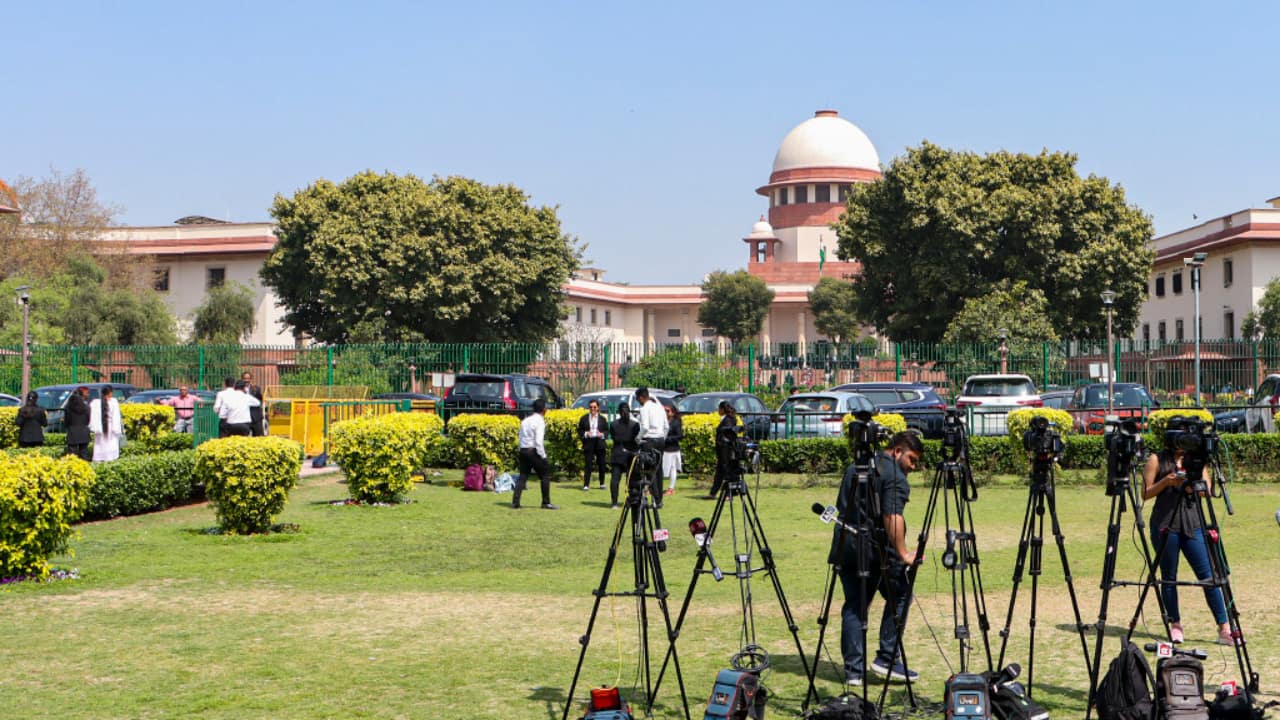 |
|
In a landmark decision highlighting the importance of equal access to education, the Supreme Court of India intervened to secure the admission of a Dalit youth, Atul Kumar, to the prestigious Indian Institute of Technology (IIT) Dhanbad. Kumar had lost his hard-earned seat in the BTech Electrical Engineering program due to a missed fee deadline, a situation that threatened to derail his academic aspirations. The court, exercising its extraordinary powers under Article 142 of the Constitution, deemed it imperative to ensure that a deserving student from a marginalized community would not be denied his rightful place in higher education due to a technicality.
The Supreme Court's ruling was a testament to its commitment to upholding the principles of social justice and equality enshrined in the Indian Constitution. The judges recognized the potential consequences of allowing Kumar's admission to be revoked due to his family's financial constraints. The court's intervention served as a powerful message that access to quality education should not be determined by economic circumstances, but by merit and potential. By using its authority under Article 142, the Supreme Court acted as a guardian of the constitutional right to education, ensuring that the principle of equality was not compromised by bureaucratic loopholes or financial hardship.
The case of Atul Kumar underscores the systemic challenges faced by underprivileged students in accessing higher education in India. The Supreme Court's decision to overturn the IIT's decision and ensure Kumar's admission serves as a significant precedent, emphasizing the importance of equitable access to education and the role of the judiciary in safeguarding the rights of vulnerable communities. This landmark ruling has the potential to influence future policies and practices within institutions of higher learning, prompting a reevaluation of admission procedures and financial aid policies to ensure that deserving students are not unfairly excluded from educational opportunities due to economic or bureaucratic hurdles.
